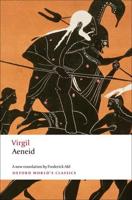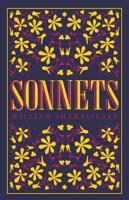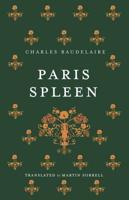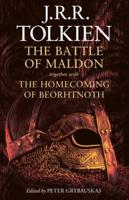Publisher's Synopsis
First published in the English Illustrated Magazine in May 1893, A Song of the English was supplemented by an additional six poems. It is certainly a work of its time - the late-Victorian era and the British Empire. It reflects the feeling of the time - that of the special nature of the English as a chosen people. This was obviously not a new or unfamiliar concept having Biblical roots, and earlier. As the Empire spread across the globe there was growing belief that the English were somehow above other races. The combination of Victorian principles, a defined class structure, and a strong sense of Christian identity, were grounds to believe in a white, English, world supremacy. The British Empire left its marks across the planet, with influences still today. Not all good, not all bad. Viewed through the eyes of a twenty-first century author, this attitude now seems as arrogant, self-indulgent, racist, and callous. Writing of this time reflected the national identity, and so it is with this piece. Its roots are religious, and support the 'chosen people' stance, which is unsurprising given Rudyard Kipling's status in society at that time as a leading author. What is contradictory, however, is that Kipling was an Agnostic. His support of the religious tenor was not necessarily theological or spiritual, but more as the basis of the structure of English society, and therefore the blueprint for the 'civilisation' of the Empire.









